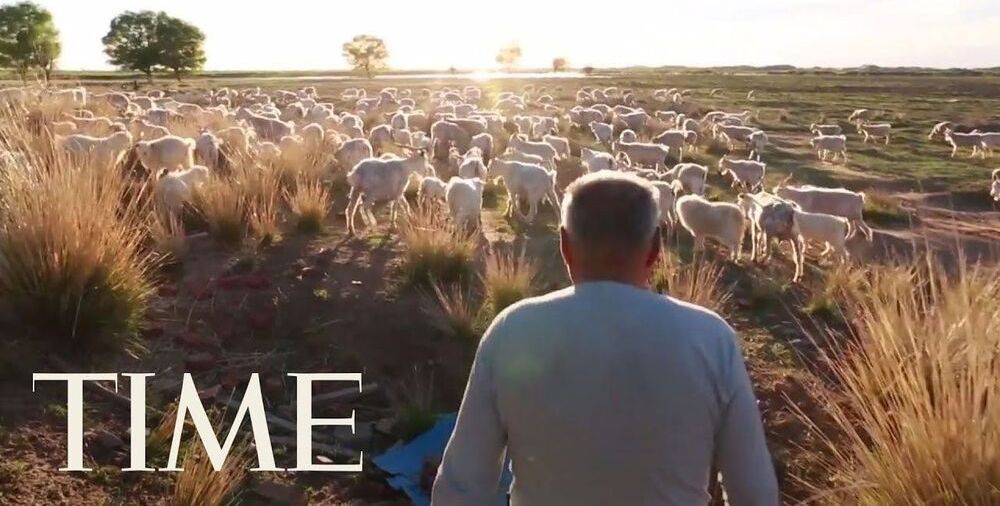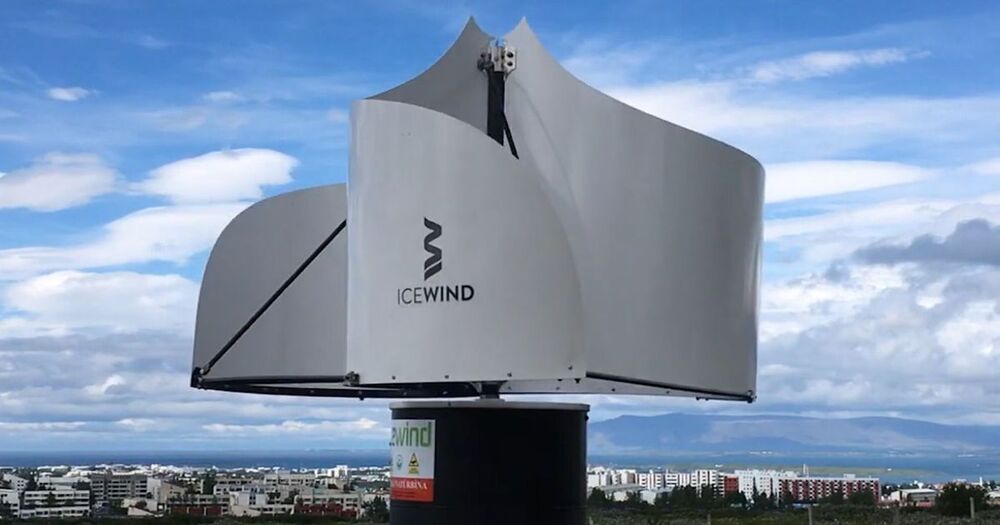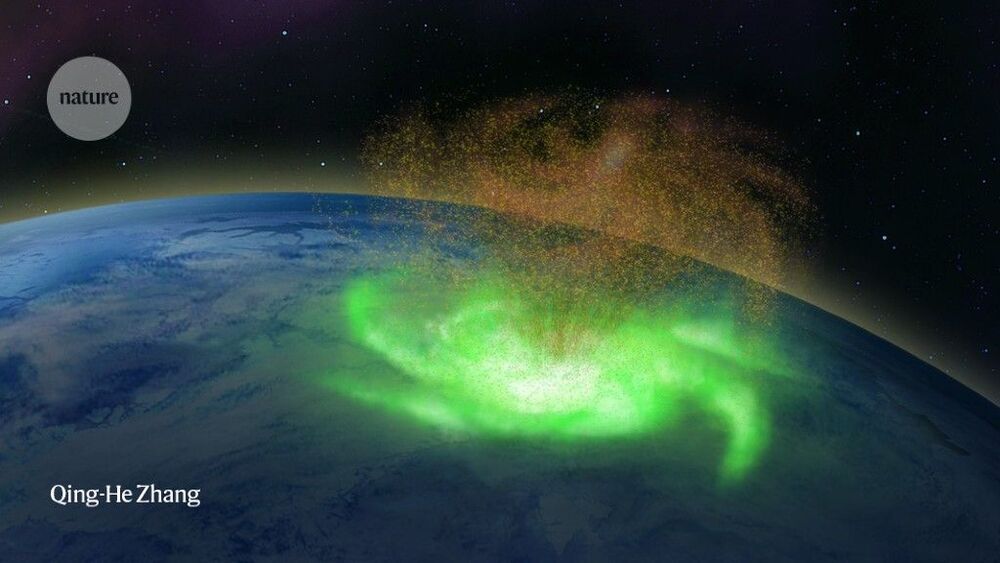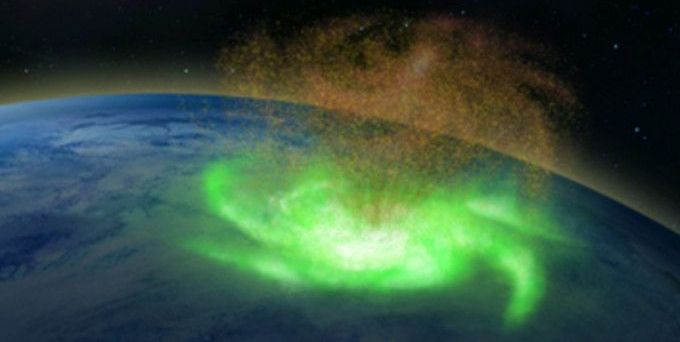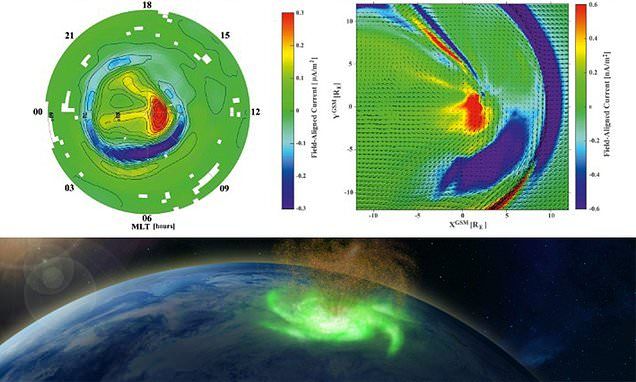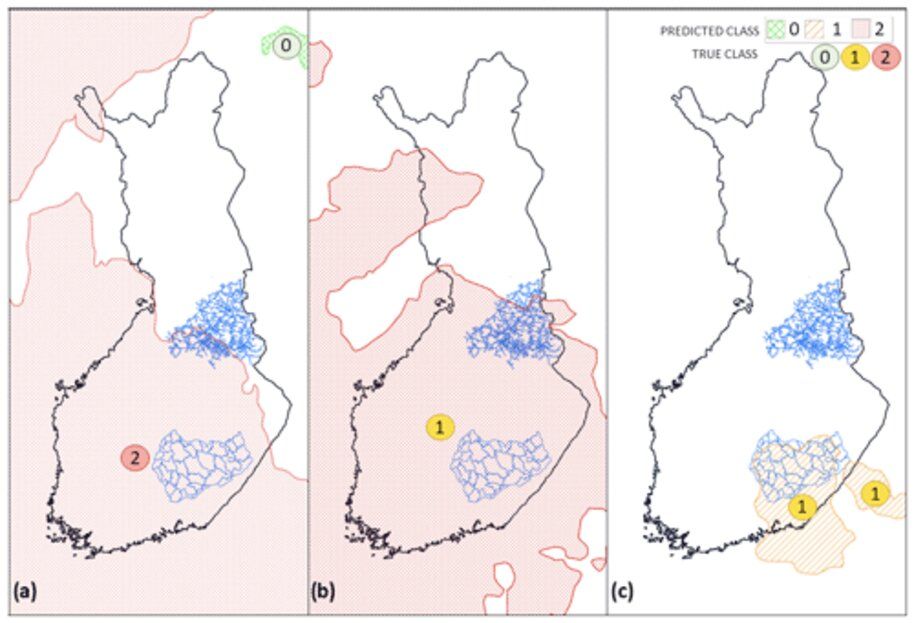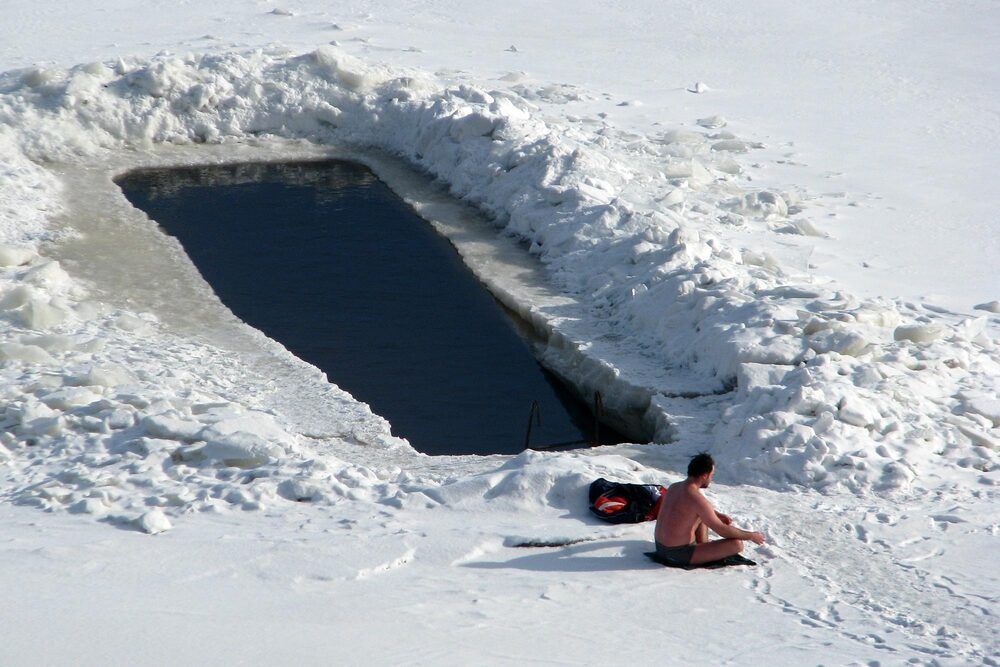
Almost one in five people lack the protein α-aktinin-3 in their muscle fiber. Researchers at Karolinska Institutet in Sweden now show that more of the skeletal muscle of these individuals comprises slow-twitch muscle fibers, which are more durable and energy-efficient and provide better tolerance to low temperatures than fast-twitch muscle fibers. The results are published in the scientific journal The American Journal of Human Genetics.
Skeletal muscle comprises fast-twitch (white) fibers that fatigue quickly and slow-twitch (red) fibers that are more resistant to fatigue. The protein α-aktinin-3, which is found only in fast-twitch fibers, is absent in almost 20 percent of people – almost 1.5 billion individuals – due to a mutation in the gene that codes for it. In evolutionary terms, the presence of the mutated gene increased when humans migrated from Africa to the colder climates of central and northern Europe.
“This suggests that people lacking α-aktinin-3 are better at keeping warm and, energy-wise, at enduring a tougher climate, but there hasn’t been any direct experimental evidence for this before,” says Håkan Westerblad, professor of cellular muscle physiology at the Department of Physiology and Pharmacology, Karolinska Institutet. “We can now show that the loss of this protein gives a greater resilience to cold and we’ve also found a possible mechanism for this.”
